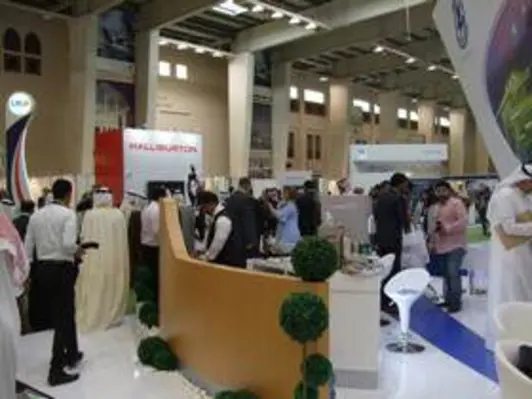Page 1 of 2GEO 2016, the 12th Middle East Geosciences Conference and Exhibition, took place at the Bahrain International Exhibition and Convention Centre from 7-10 March under the patronage of HRH Prince Khalifa bin Salman Al Khalifa, Prime Minister of the Kingdom of Bahrain
Held under the theme ‘Today’s Geoscience, Tomorrow’s Energy’, the event brought together more than 4,000 geoscientists and petroleum industry professionals from more than 50 countries to debate and help shape the future of the industry, build skills, network with peers and establish business relationships.
At the inaugural ceremony and ministerial session held on 7 March, Bahrain’s Minister of Energy, HE Dr Abdulhussain bin Ali Mirza, remarked, “The theme of this year’s conference truly reflects the reality of our petroleum industry. The concepts and models that are developed by the geoscientists like yourselves, will definitely yield the oil and gas production of tomorrow.”
Speaking on the current low oil price environment, he noted that many of the oil producing countries had based their budgets on certain revenue assumptions, and had breakeven prices far exceeding the current level. With most of the easy oil already discovered and produced, the development of new supplies would be more challenging, more expensive and more likely to require innovative solutions, he said.
“Our challenge is to combine technology, business and people in an innovative way that enables us to successfully produce the huge oil and gas reserves in the Arabian Gulf, and deliver them to the market in a safe, reliable and cost effective manner. This mammoth task will require the collaboration between the industry, service providers, academia and host governments.
“We must continue to develop technology that accurately locates hydrocarbon reserves and produce them. Our focus today is on finding new reserves, maximising recovery from discovered assets, optimising costs and developing sustainable supply solutions,” he said. The key to the future will be the better understanding of the geology, rock mechanisms and development of new technology that allows industry to provide oil and gas from unconventional reservoirs, he added.










